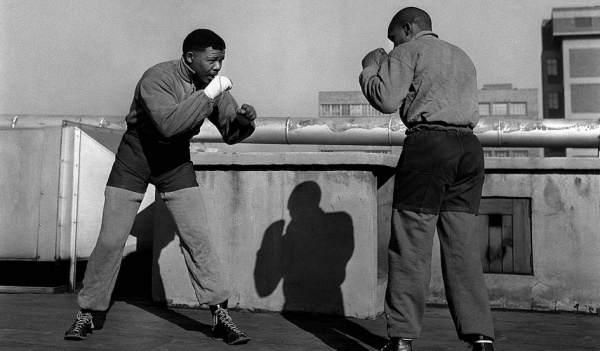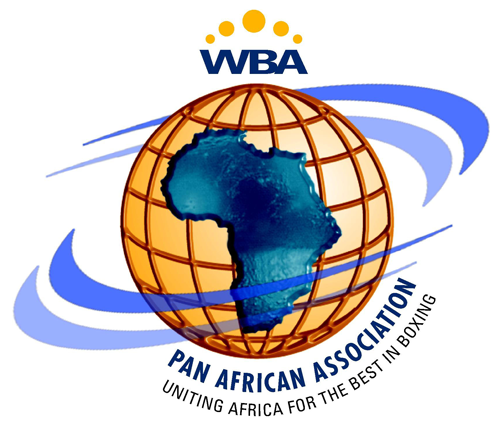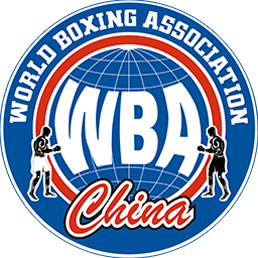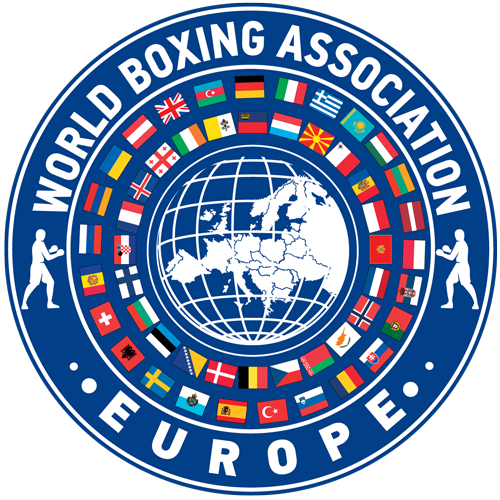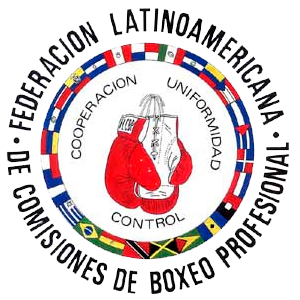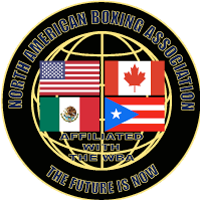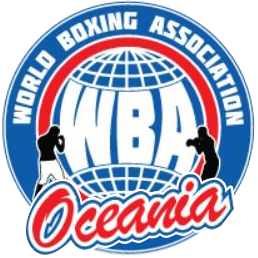
The year was 1986. Most official bodies of sport commissions or representations in South Africa had been suspended due to apartheid system of racial segregation that prevailed in the country. However, the World Boxing Association behaved differently. Gilberto Mendoza, who was WBA president at the time, considered that the boxers were not to blame and that they would be the ones most negatively affected by the suspension. So he believed that the best option was to force the boxing commission of that country to include people of color and thus encourage their inclusion as a way to combat racial injustice.
Most of those involved were not in agreement and exclusion was thought to be the best solution to the problem. Among the promoters that expressed that position were American promoter Butch Lewis who said, “If they want to keep the South Africans I will not be part of the WBA,” and the larger-than-life Don King.
Meanwhile, Mendoza stood firm on the idea that this was not the best way to proceed, considering that this act would also be discriminatory. But on October 30, 1986, at an extraordinary meeting in Reno, Nevada, by a vote of 30-18, as reflected in the press of the time in the United States, the WBA broke ties with the Commission of South Africa. Although South African boxers would remain in the WBA rankings and continue with their titles, the only condition was that they could not fight in their country.
“From the bottom of my heart I can say that it is a painful decision,” said Gilberto Mendoza to the media after the vote, while King said, “We could not turn a blind eye to apartheid until the complete abolition of this form of human degradation.” For his part, Judge Klopper, one of the delegates of the Commission of South Africa, only managed to say “hope to return soon” and Michael Mortimer, a representative of the commission, said, “Our team implements all standards so that South Africa can be a free society without discrimination.”
“It really was a painful situation,” said Mendoza in an interview many years later, “because I believed that fighting discrimination with discrimination was not the way to go. In addition, they were including people of color in the commission and I feel that Mandela thought the same, because when was president he fought segregation peacefully and not with hatred.”
However, the apartheid struggle was not limited to what is strictly organizational or structural.
“I traveled to South Africa while Mandela was still in prison,” continued Mendoza, “and visited the town where he was born because he wanted to open a boxing gym and wanted my help to resolve the situation. But my participation was not well received as it I was arguably an ‘outsider’ who intruded on an issue that was not mine and I had to leave the country.”
Years later Mendoza was able to sit with Mandela and discuss the situation that once existed.
“Imagine,” said Mendoza. “I remember sitting beside him as we talked. He said, ‘I am not young. I cannot hear well,’ and he asked me to raise my voice. I said, ‘How I’m going to yell at a person like you?’And we talked about boxing, about his life, and gave me an autographed copy of his biography to keep and treasure.”
Gilberto Mendoza was a man who always fought for equality, but tried to never cast the first stone. His maxim was to find solutions though peace and harmony, seeking inclusion and leaving behind any grudges.
This article was penned by the author who is not related to the WBA and the statements, expressions or opinions referenced herein are that of the author alone and not the WBA.


